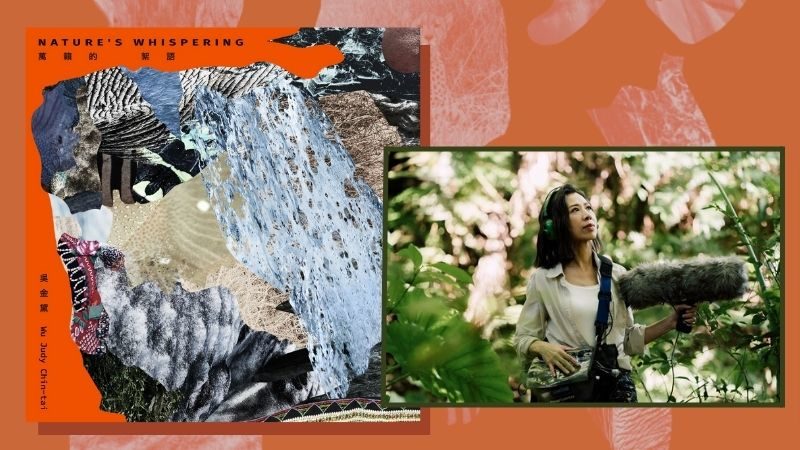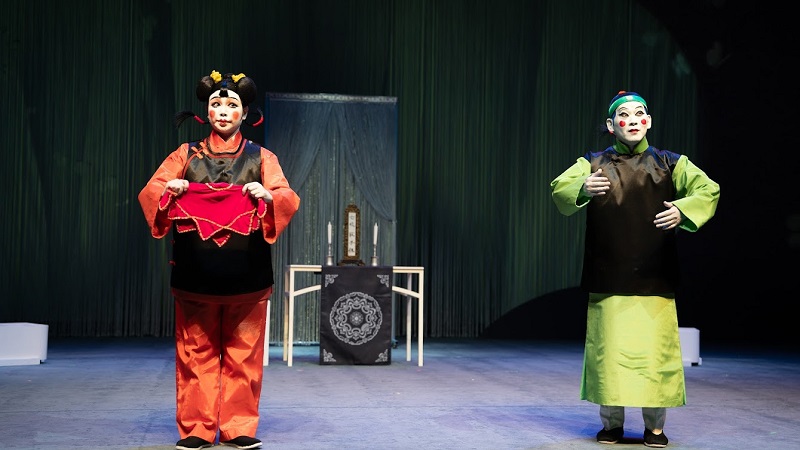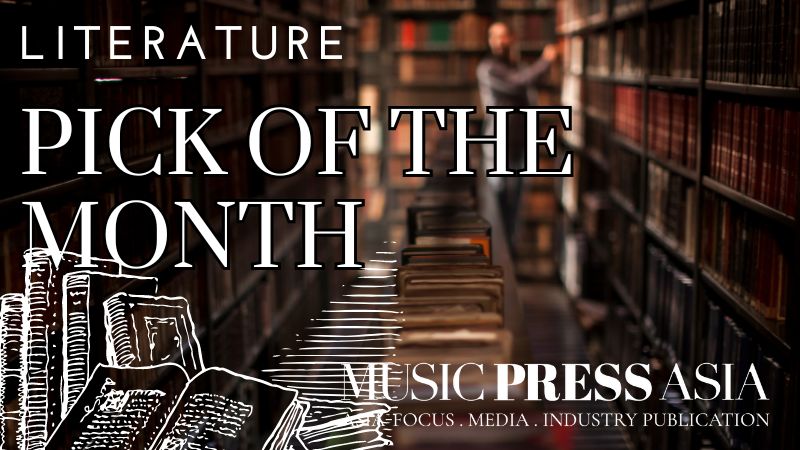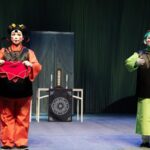The Nature’s Whispering review – Judy Wu has a flow for the natural world

The stories of the natural world and diversity are told in this introspectively lively but organic album by Judy Wu.
Worldly, Taiwan-based music company Wind Music here gives us Judy Wu’s transcendental album. Composed by Judy Wu in collaboration with some of Taiwan’s veteran producers and creatives, Nature’s Whispering 萬籟的絮語 instinctively has somehow transformed how we perceive the language of the natural world, no matter how ordinary it may initially seem. Much of her music is transcendental in nature, hardly in contrast with time and space as she sheds light primarily on the sound that we may have unintentionally neglected, rather than for her own often considerable achievements. Wu and her collaborators attempt to redress the balance by giving us a portrait of a collection of works of considerable spirit and courage, especially on topics concerning cultural diversity and conservation.
The primary focus falls on the relationship between Judy and her extensive library of sound collected over the course of 20 years. And the bulk of the narrative unfolds in metaphorical chatter not only with individuals of cultural importance but also with correspondences extended to the phylum of Arthropods. Its interlude isn’t simply a cacophony of random earthlings and happenings, but a showcase of intricate items one might find in a priceless jewelry box. One that is made especially for Judy, although her generosity to share is evident. Like a gallery or an exhibition in a museum, each track is a sonic depiction of how she interprets the space around her. “Glacier, Moulin” is a track symbolically representative of the environmental conversations in our time. Of course, it would undoubtedly defeat the purpose of the “Glacier” and “Diamond Beach” tracks if melancholic existence isn’t followed by a little wonder in the sky, and “Dance of the Aurora” replicates that very sort of bewilderment.
Anything but allusive, Wu’s folksy tunes in the “Forest Rhapsody” receive an innovative perspective in a new arrangement, a collaboration with Ń7ä. It is an emphatic approach, nevertheless, to a whimsical version that was skillfully executed. “Flying in the Current” (feat. Cicada) is generally repetitive, but exudes a poised sophistication just like how Music Press Asia’s editor-in-chief, Monica Tong describes Judy Wu.
“I can’t seem to get Judy off my mind because she is how we’d picture her in her music. Like the Cicada she’d portrayed, she has in every way authentically conveyed this beautiful personality that we’re just about to unravel through the music she shared with us. Her message to us is in every way forbiddingly contemporary and timeless,” said Monica Tong.
It is hard to believe that her insistence on a Maasai guide on a safari trip would culminate into anything more than a momentary infatuation for everything African. But there is gravitas to this meeting because of an indelible force so natural in its existence; after 20 years of recording and corresponding with indigenous communities worldwide, she exudes the savoir-faire that forges rare and unique friendships. The result of that was the recording of a coming-of-age Maasai ceremony.
Audacious and equally balancing act altogether, this album is a strong work of art. Wu strives to straighten the delicate orders that more often than not aren’t within the areas of our control, like the natural world. Dignified and resilient, her warm, insistent composition is redefining indigenous and folk music today and of the future. We have great expectations for her next work, of course.













